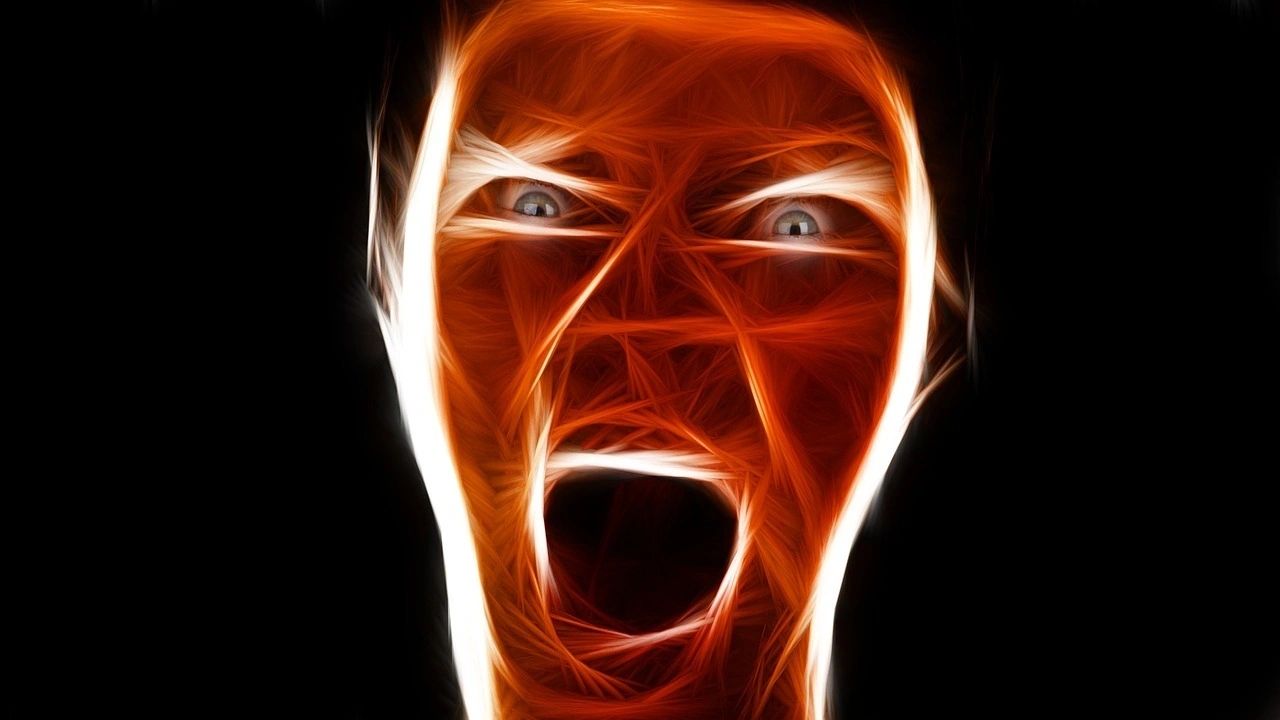Last week, someone very close to me was attacked on Facebook. His “friend,” unsatisfied with his behaviour post-vaccination, publicly admonished him in what felt like a vicious, unwarranted, and incoherent way.
He responded with his usual aplomb – obscurely and sarcastically – handling the situation with grace, and admittedly, far better than me.
Another Facebook friend posted a none-too-popular opinion on his COVID-19 vaccine hesitancy. Within minutes, he was reprimanded, ridiculed, and one friend went so far as to call him stupid.
Why are we being so mean?
Challenges with the pandemic have brought many to our breaking points. Mental illness is at an all-time high, and while some parts of the world are enjoying loosened restrictions, much of Canada is facing our third wave.
Back in our homes with children relegated once again to online learning, we are simply exhausted. And, based on our social media interactions, it shows.
Are we madder than ever before? Possibly, as a recent Gallup Global Emotions Report found that 22% of respondents were angry, and in war-torn areas like Palestine, the percentages were double. Mass shootings and overall gun violence, further impacted by the pandemic, appear to be on the rise.
While we can all agree that dangerous anger that threatens and inflicts pain on others is very wrong, how is it that our acquaintances feel free to insult each other so publicly? One expert, Dr. Rosenwein (Source) posits that we now perceive our public anger to be virtuous – after all, we’re encouraging vaccines, promoting #blacklivesmatter and #MeToo, calling attention to climate change, or dare I even say, defending Donald Trump.
With righteous indignation, we climb atop our virtual soapbox and scold, knowing that we are absolutely in the right, and our misguided Facebook friends are absolutely, unequivocally in the wrong.
Here’s the problem with unleashing our fury on social channels: anger, unsurprising, is a contagion, spreading more quickly than any other type of emotion – including sadness and joy. Experts have even found that social channels can radicalize people’s otherwise more neutral opinions. Posting toxic and negative interactions has the power to at best ruin someone’s morning, at worst, result in suicide.
The documentary 2020 film The Social Dilemma, (available on Netflix), explored the perils of social platforms through in-depth discussions with former Google, Facebook, and Twitter executives. The film was, to put it mildly, eye-opening (and caused my recent six-month break from Facebook).
Social media use, though, can be extremely helpful when approached positively. My older brother’s childhood friend posts daily groan-worthy ‘Dad jokes’ that my kids adore. Another friend, a woman a few years older from my hometown, shares such kind, positive posts, I genuinely feel stronger being connected to her.
Though isolated from my family and friends, Facebook allows me to keep up to date on the cuteness of my newest niece and the growing business venture of my sister-in-law. I keep in contact with cousins who I love but rarely see. I believe for me, Facebook has been good for my psyche and mental health.
So, maybe we should ask ourselves why we feel the need to vent on social channels? Would we do the same to a store clerk or our children’s teacher? (I seriously hope not).
Certainly, most of us, when chatting with our friends in person, would likely hold our tongue rather than outright call them stupid.
Does the (quasi) distance provided by our phones give us a sense of impulsivity? When we do not see the eyeballs of a person or see the hurt in their faces, does that further fuel our righteous anger?
Perhaps the next time we feel the need to abash our connections for something in which we do not agree, let’s all take a collective deep breath.
If you need to say something, maybe send a DM after waiting 24 hours and if you still need to send it, at least you’ll be responding in a calmer, more contained frame of mind.


